Tuesday, May 7, 2024
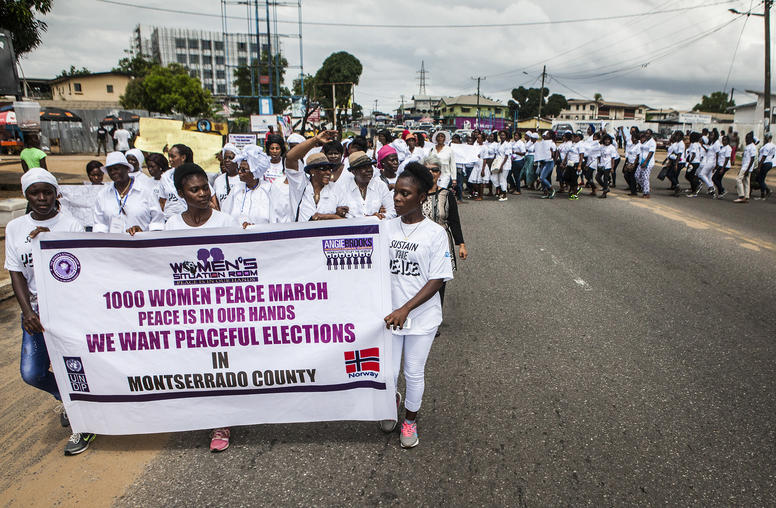
Can Election Violence Really be Prevented?
Kenya and Liberia held elections in 2017 that were closely watched by the international community, as both countries’ history of violence led to fears over election security. Although Liberia’s election was largely peaceful, Kenya’s was marred by intense violence. What worked in preventing election violence in Liberia that didn’t work in Kenya?
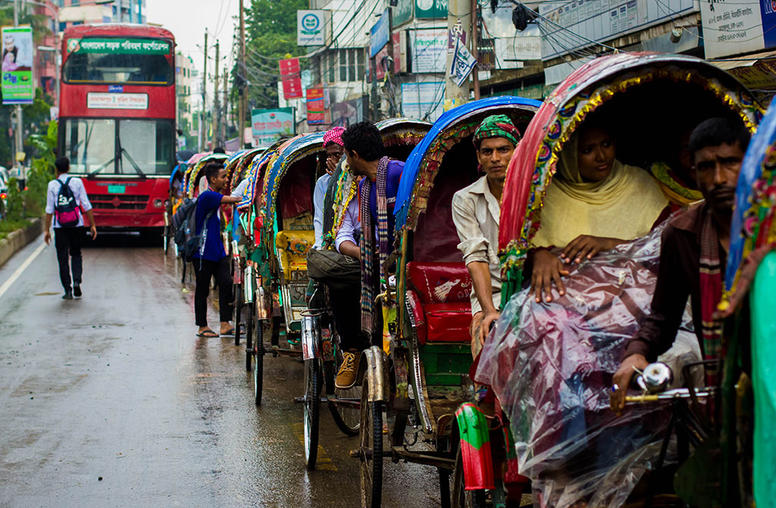
If History is Any Guide, Bangladesh Elections are About to Get Ugly
Elections in Bangladesh are traditionally a violent affair, and the general elections on December 30 will be no different. The leader of the opposition Bangladesh Nationalist Party (BNP), Khaleda Zhia, is imprisoned for alleged corruption, while recent confrontations between her supporters and the police led to widespread destruction and several dozen injuries in the first violent marches of the election season.
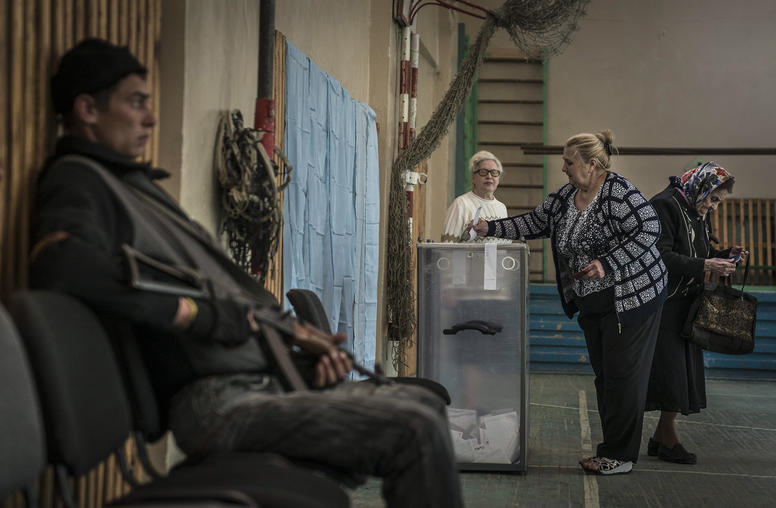
How Did Martial Law Affect the Upcoming Election in Ukraine?
On November 26, 2018, Ukrainian President Poroshenko enacted martial law—for 30 days—in response to Russian naval ships ramming Ukrainian vessels in the Azov Sea and seizing the strategic Kerch Strait. The decision led to concerns that voter rights and civil liberties would be constrained, just a few months before a critical election. Now that the period of increased military preparedness has officially ended, it is time to evaluate the impact martial law had on the upcoming presidential election, scheduled for March 31. USIP recently published an assessment of these elections, identifying conflict drivers, scenarios for violence and recommendations for election violence prevention.
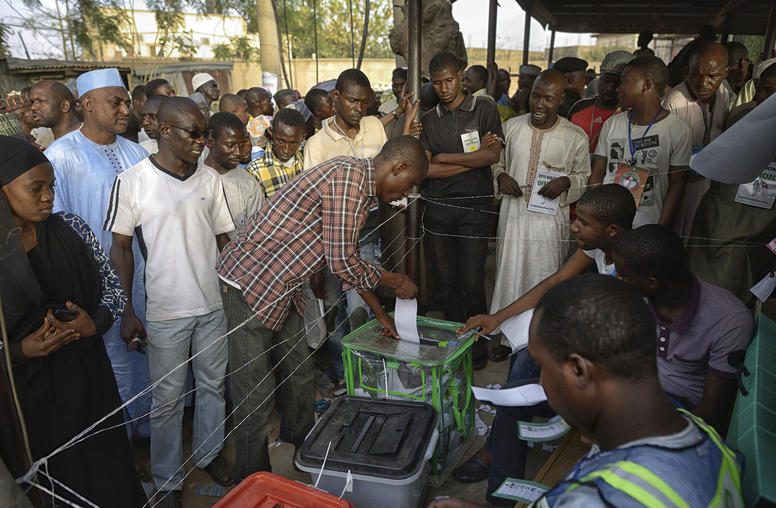
Nigeria: Poll Postponement Offers Opportunity to Enhance Election Integrity
Last weekend’s sudden, one-week postponement of Nigeria’s presidential and state elections—to February 23 for the general elections and March 9 for the state elections—escalated public anxiety amid an already tense political environment. The Independent National Electoral Commission’s (INEC) last-minute announcement, hours before voting was set to commence, cited logistical problems. The delay and its aftermath demonstrate that INEC must immediately improve its transparency and communications. Despite the tensions caused by the delay, the election commission now has the opportunity to rectify flaws and deliver a more credible election.
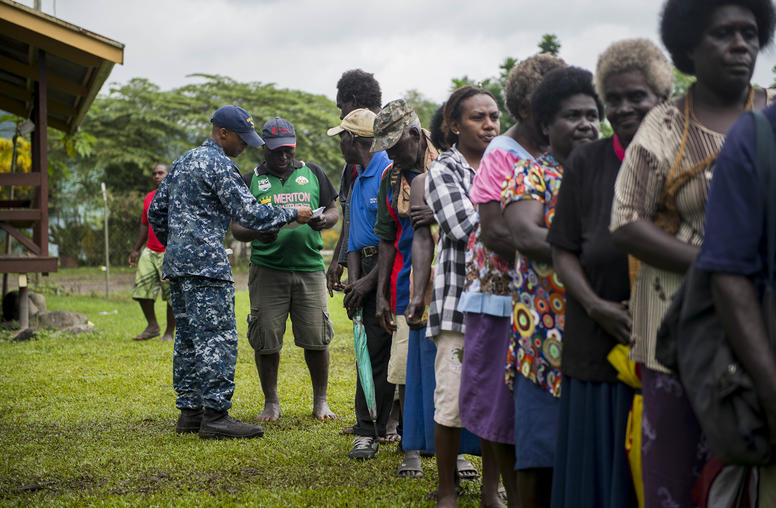
Bougainville: Is the Delayed Independence Referendum a Next Step Toward Peace?
The autonomous region of Bougainville in Papua New Guinea (PNG) is entering a new phase in its quest for peace, almost 20 years after a peace agreement ended a 10-year civil war. Later this year the island will vote in a referendum on greater autonomy or independence from PNG. Unresolved tensions, an unclear referendum timeline, and fears of a return to violence will all impact this tense election process.
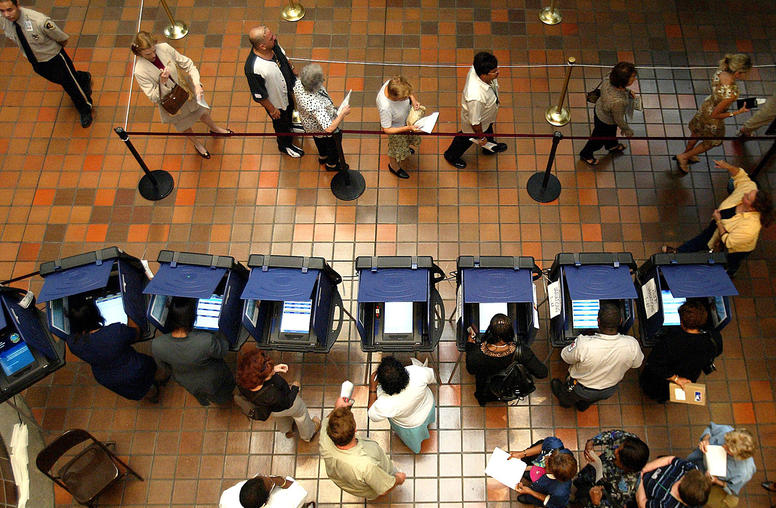
Protecting Elections from Cyberattacks
With elections increasingly dependent on modern technology, cybersecurity has become a vital shield against election violence and manipulation. Cyberattacks present a growing threat to both nascent and mature democracies, as they can shape the election process, erode citizen trust and trigger other forms of election violence. The 2019 elections in Indonesia and Ukraine illustrate the threat cyberattacks pose, even in relatively consolidated and stable democracies.
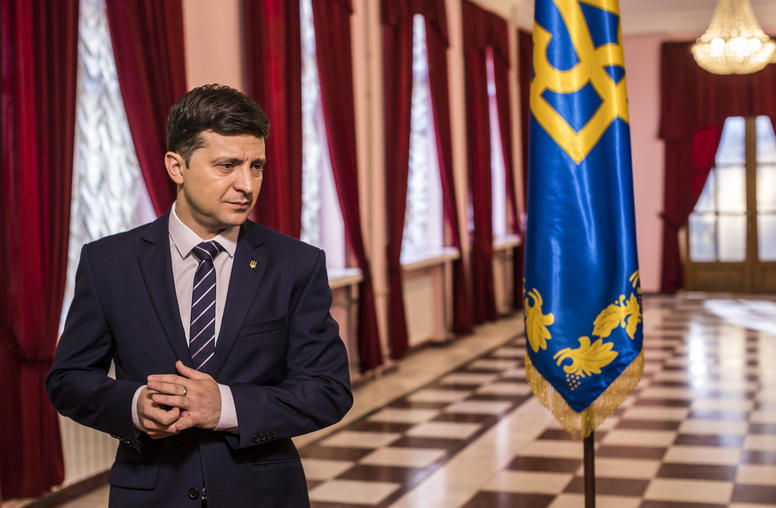
Ukraine’s Presidential Vote: Free but Not Yet Fair
Following Ukraine’s first round of presidential voting on Sunday, the country faces a tough, maybe nasty, two-week campaign for the runoff. This second election since the 2014 pro-democracy movement that Ukrainians call their “Revolution of Dignity” reflects significant consolidation of Ukraine’s democracy in the intervening five years. That is no small achievement, given Russia’s continuing interference—especially the war in Ukraine’s Donbas region, which has killed more than 13,000 people in those five years.
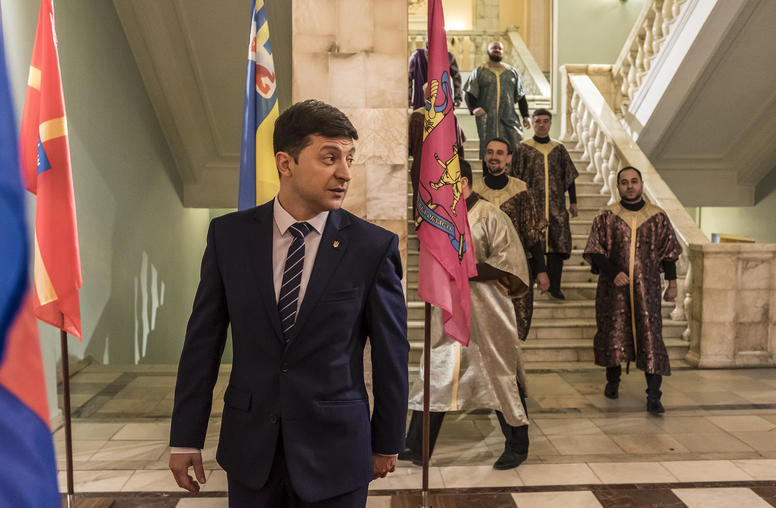
Ukraine just held a political earthquake. Here’s how to respond.
In electing a political newcomer as president, Ukrainians have conducted their third revolution in 27 years of independence from Russian rule. Millions filled public squares to demand democratic accountability in the 2004 Orange Revolution and the 2013-14 Euromaidan. But last Sunday, Ukrainians overhauled their government through the ballot box—a consolidation of their maturing democracy. They elected television actor Volodymyr Zelenskiy with 73 percent of the vote, a protest against persistent economic and political corruption and disappointment with lack of progress ending the war in the east of the country. Like any sharp political turn, it raises uncertainties—but the international community should reinforce Ukrainian voters’ demand for truly effective anti-corruption reforms, and for continued –even expanded – pressure to counter Russia’s assaults on Ukraine’s independence.
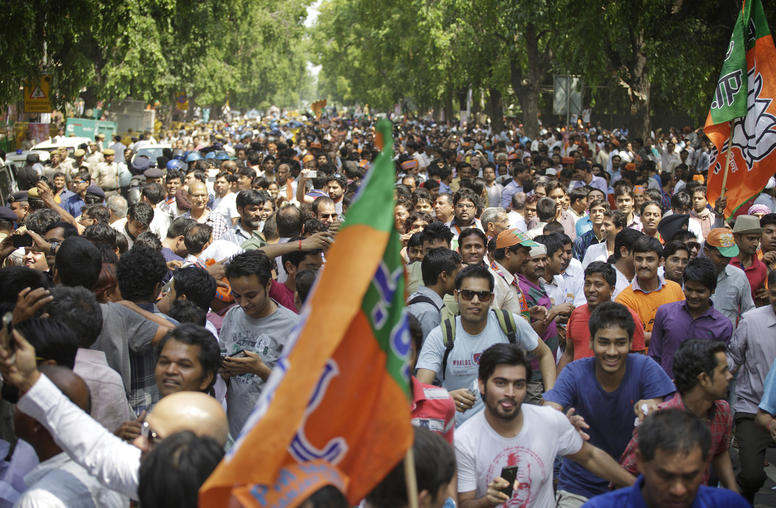
India: Keeping the Peace in the World’s Largest Election
From April 11 till May 19 voters are heading to the polls in India. Organizing an election with roughly one million polling stations and an electorate of 900 million people is no small effort. Providing security presents a herculean task in the face of religious intolerance, rising tensions in Kashmir, and inter-party clashes in northeast India.
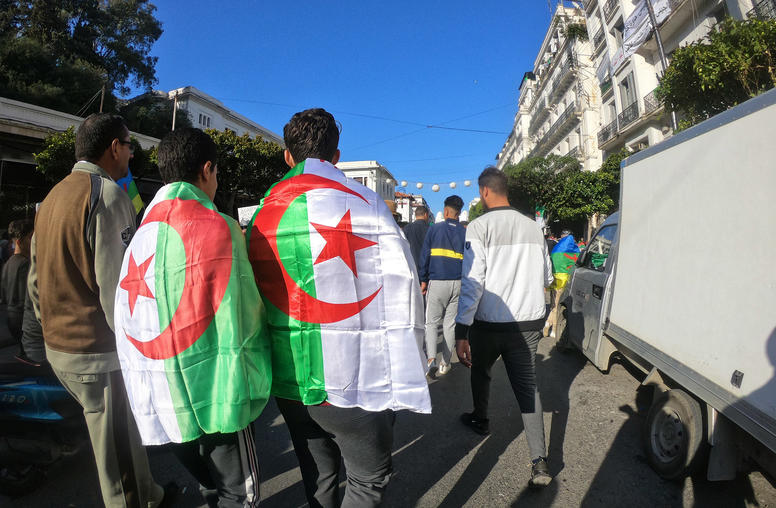
The Dilemma of Delaying Elections
Algeria’s Constitutional Council announced over the weekend it would cancel elections planned for next month in response to demands from protesters. Although such delays are often criticized, there are often good reasons to postpone an election in countries at risk of violent conflict. The security situation may complicate the logistics or put poll workers and voters at risk; heated campaigns may risk escalating communal tensions and endanger candidates; or conditions for a fair campaign may simply not be in place amid a state of emergency. At the same time there are risks associated with postponing a voting process. Along with Algeria, other recent examples from Afghanistan, Libya, and the Democratic Republic of the Congo highlight this dilemma.
